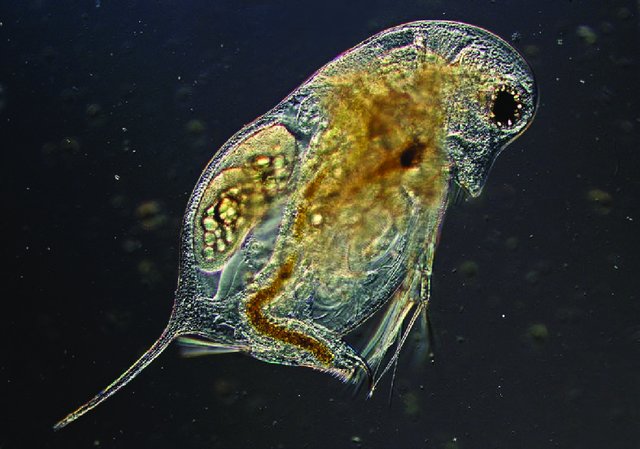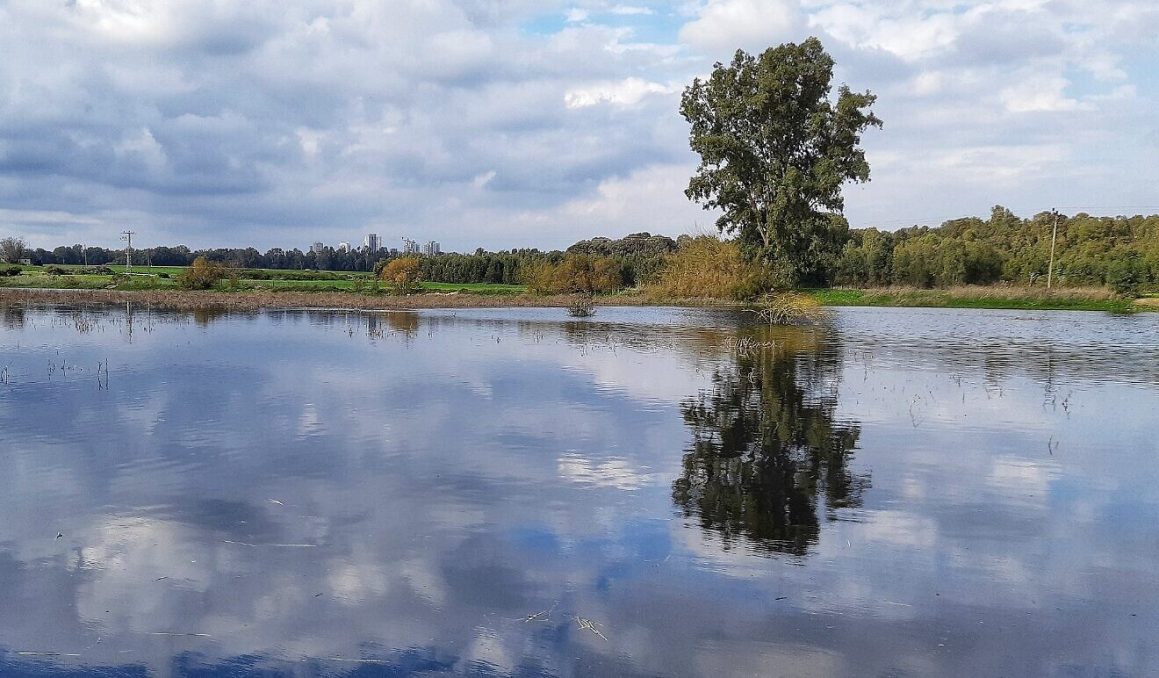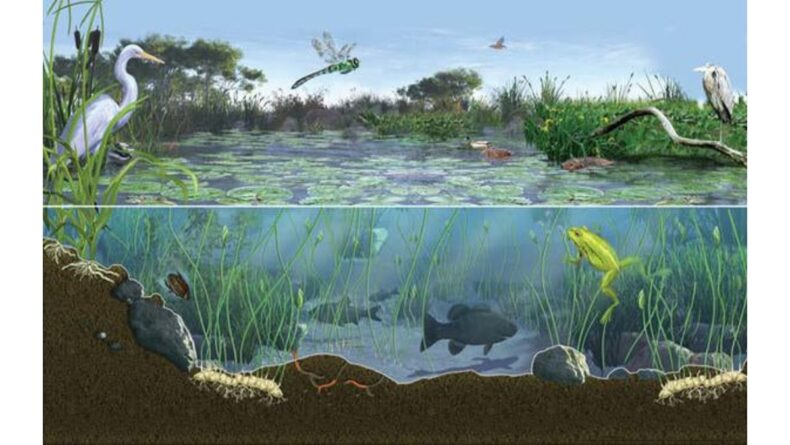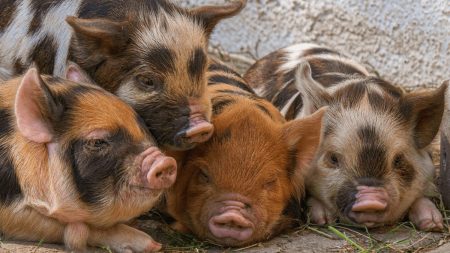Parasites positively affect the ecosystem. This novel study was conducted under the guidance of Prof. Frida Ben-Ami and Dr. Sigal Orlansky from the School of Zoology and the Steinhardt Museum of Natural History, Tel Aviv University, and published in the journal Frontiers in Microbiology.
Parasites are common in all ecosystems and play a vital role in determining how host species coexist or exclude each other. Parasites impact population dynamics, community structure, and biodiversity in an ecosystem.

Parasites Vital for Survival
In this study, researchers investigated the dynamics of water flea populations with a highly resistant species (Daphnia similis), a susceptible species (Daphnia magna), and two different parasite species. They found that the two Daphnia species differed in susceptibility, and the parasites affected their competitive abilities differently.

The researchers examined tiny water fleas named Daphnia found mainly in winter ponds in Israel. These fleas are about three millimeters long and feed on single-celled algae and bacteria. They are an essential part of the food chain as they serve as prey for fish. In winter ponds, where the environment is closed, competition between different species has a significant impact on the diversity of life in the pond.
Like most animals, Daphnia also carries parasites, and it’s rare to find a species that is highly resistant to parasites.
The researchers identified one species called Daphnia similis, known as ‘Super Daphnia’ in the laboratory because it shows almost complete resistance to parasites. However, despite this resistance, ‘Super Daphnia’ does not become the pond’s dominant species. The most common species in these ponds is Daphnia magna, which is vulnerable to numerous parasites.
To gain an understanding as to why immune resistance doesn’t lead to widespread distribution in the pond, the researchers created a laboratory simulation with both Daphnia species sharing the same habitat, with or without parasites. In parasite-free conditions, the common parasite-sensitive Daphnia species dominated and even caused the resistant ‘Super Daphnia’ to disappear.
However, in habitats with parasites, the parasite-sensitive Daphnia struggled to survive, and the ‘Super Daphnia’ population thrived, showing that coexistence between the two species is possible due to the presence of parasites.
Implications of the Study

Dr. Sigal Orlansky explains that these experiments highlight the crucial role of parasites in shaping biodiversity, as they can influence the competition between Daphnia species.
The competition allows the coexistence of a parasite-resistant species, which lacks competitive abilities and would likely go extinct without parasites when sharing the same habitat with the common Daphnia species in Israel, Daphnia magna.
The Daphnia magna is sensitive to parasites but highly competitive otherwise. Our research shows that their coexistence is possible only because of parasites.
Prof. Ben Ami highlights that these experiments have important implications for understanding systems where both parasite-sensitive and less-sensitive species coexist. The findings could aid in managing biological invasions and reducing threats to endangered species.













